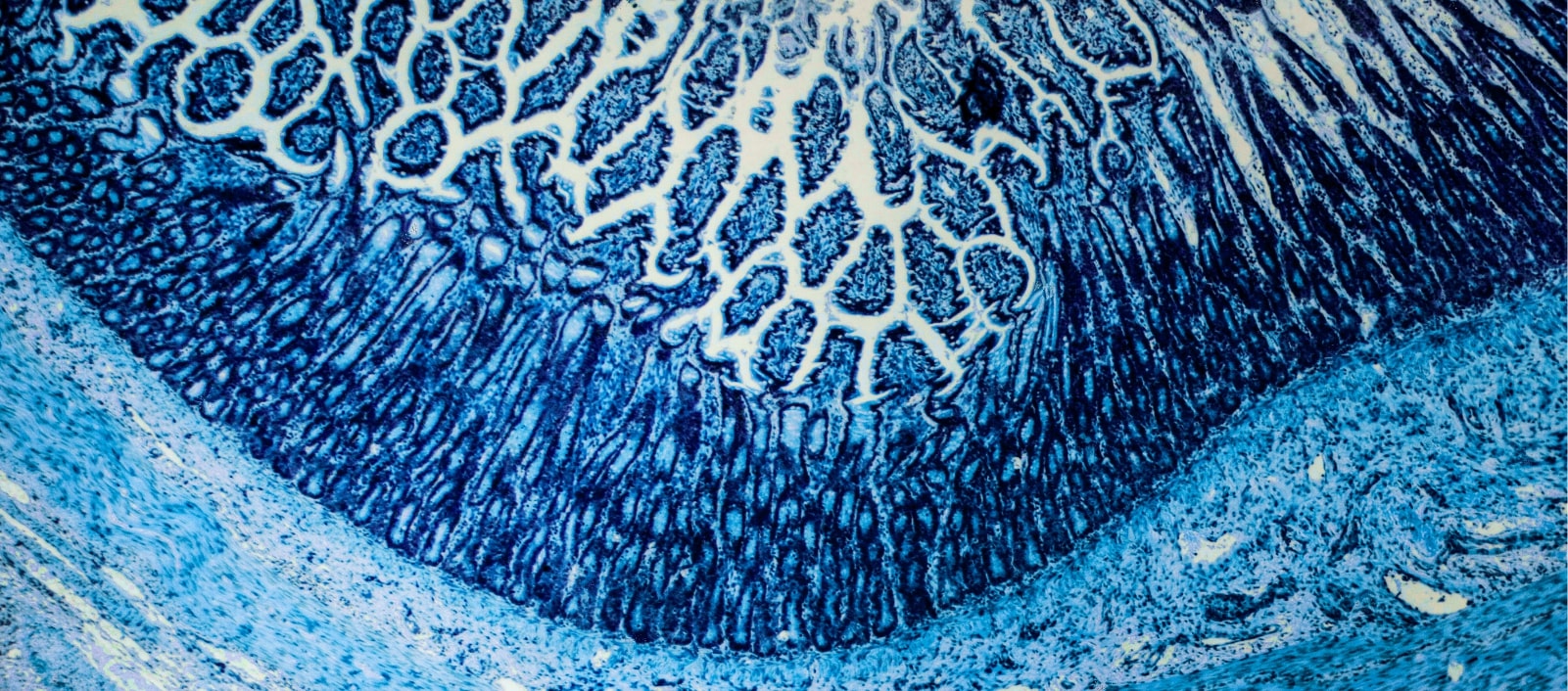Seres Therapeutics Announces Topline Results for SER-287 Phase 2b Study in Mild-to-Moderate Ulcerative Colitis
—Primary endpoint of clinical remission compared to placebo was not achieved—
—Both dosing regimens of SER-287 were generally well tolerated—
—Open label and maintenance portions of the SER-287 study will be closed—
— Microbiome endpoints and analyses expected in the second half of 2021—
—Company to host a conference call at 8:30 a.m. ET—
“While these outcomes were not what we, nor the UC community, were hoping for, we remain committed to leading the creation of a new class of medicines designed to impact how diseases like ulcerative colitis are treated. As with SER-109, we will again follow the science and the data, conduct a rigorous scientific analysis, and determine the optimal path forward for our UC franchise,” said
The primary objective of the induction portion of the Phase 2b study was to evaluate the safety and efficacy of SER-287, after 10 weeks of induction dosing (following vancomycin pre-conditioning) in achieving clinical remission in participants with mild-to-moderate UC. The trial was a randomized, placebo controlled, double blind, parallel group multicenter study which enrolled 203 UC patients in 104 sites throughout the
“While the efficacy results in this trial did not meet the pre-defined threshold, we believe this data-rich study, including microbiome analyses expected in the second half of 2021, will provide valuable insights to inform continued development of our pipeline, including SER-301, our next generation investigational candidate for UC,” said
Treatment emergent adverse events (AEs) were observed in 67.6%, 46.2% and 50.7% of subjects in the induction dose, step-down dose (both of which included six days of oral vancomycin preconditioning) and placebo treatment arms, respectively. The majority of observed AEs were mild or moderate in intensity. The most commonly observed AEs were worsening of UC, diarrhea, nausea and abdominal distension. Four participants on active treatment reported serious treatment emergent adverse events (worsening ulcerative colitis, colonic dysplasia, congestive heart failure with decreased hemoglobin, and appendicitis), as did one on placebo (worsening ulcerative colitis).
The Company continues to advance its SER-301 program currently in a Phase 1b study that is testing the hypothesis that engraftment of drug product species modulates microbe-associated metabolites to reduce intestinal inflammation and improve epithelial barrier integrity in adults with mild-to-moderate UC. The Phase 1b is currently enrolling in
SER-287 and SER-301 are both consortia of bacteria found in the gastrointestinal tract of healthy individuals. However, important compositional and potential therapeutic differences exist between the investigational drugs. SER-287 is a donor-derived product candidate, whereas SER-301 utilizes Seres’ next generation technology and is based on rationally designed, cultivated consortia of bacteria. The design of SER-301 has leveraged the Company’s reverse translation platforms and capabilities that can evaluate at high resolution how microbes in the gastrointestinal tract are interacting with one another and human cells and tissues to impact disease pathways. The bacteria in SER-301 are targeted at, and specifically selected in, an effort to optimize the reduction of pro-inflammatory activity, improve epithelial barrier integrity and TNF-a driven inflammation in intestinal epithelial cells, and modulate UC-relevant anti-inflammatory, innate and adaptive immune pathways.
Results from the SER-287 ECO-RESET study, including additional efficacy and safety results as well as microbiome analyses, will be submitted for presentation at a future scientific meeting.
As of
About SER-301
SER-301 is a consortium of cultivated bacteria designed using our reverse translational discovery platform that incorporates analysis of microbiome biomarkers from human clinical data and preclinical assessments using human cell-based assays and in vitro/ex vivo and in vivo disease models. SER-301 is designed to reduce induction of pro-inflammatory activity, improve epithelial barrier integrity and TNF-α driven inflammation in intestinal epithelial cells, or IECs, and modulate UC-relevant anti-inflammatory, innate and adaptive immune pathways. SER-301 is being produced using our advanced fermentation, formulation and delivery platforms. It includes strains delivered in spore form, as well as strains cultivated in non-spore (vegetative) form and delivered using enterically-protected technology designed to release in the colon.
About
Forward-Looking Statements
This press release contains forward-looking statements within the meaning of the Private Securities Litigation Reform Act of 1995. All statements contained in this press release that do not relate to matters of historical fact should be considered forward-looking statements, including without limitation: the potential impact of microbiome therapeutics; the safety, efficacy and regulatory and clinical progress of our product candidates; plans, timing and potential impact of the release of additional preclinical and clinical data, including with respect to the SER-287 microbiome analyses; our development opportunities, including the future of development in UC; and other statements which are not historical fact.
These forward-looking statements are based on management’s current expectations. These statements are neither promises nor guarantees, but involve known and unknown risks, uncertainties and other important factors that may cause our actual results, performance or achievements to be materially different from any future results, performance or achievements expressed or implied by the forward-looking statements, including, but not limited to, the following: we have incurred significant losses, are not currently profitable and may never become profitable; our need for additional funding; our limited operating history; the impact of the COVID-19 pandemic; our unproven approach to therapeutic intervention; the lengthy, expensive and uncertain process of clinical drug development; our reliance on third parties and collaborators to conduct our clinical trials, manufacture our product candidates and develop and commercialize our product candidates, if approved; and our ability to retain key personnel and to manage our growth. These and other important factors discussed under the caption “Risk Factors” in our Quarterly Report on Form 10-Q filed with the
View source version on businesswire.com: https://www.businesswire.com/news/home/20210722005276/en/
PR Contact
kainsworth@serestherapeutics.com
IR Contact
ctanzi@serestherapeutics.com
Source:

